Know Yourself
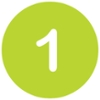
Identify what kind of job you want and what you have to offer an employer. Evaluate your strengths, weaknesses, abilities, education and experience and create a personal career profile that includes an inventory of your:
- key skills, qualifications, and experiences
- interests, values, and priorities
- short-term and long-term goals
- work preferences (where you would like to work, ideal work setting, with whom you would like to work and how you would like to work—with your hands, people, information).
Look for opportunities that are of interest to you and complement your personality and strengths. Not sure what those are?
Know the Employer
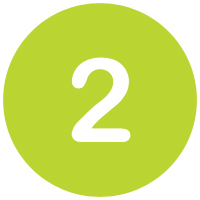
Employers often perceive your research and preparation as a critical factor in the evaluation process because it reflects the interest and enthusiasm of the applicant. You need to know as much as possible about an employer and the opportunity in order to:
- See if you are interested in working them
- Find out about different types of jobs or work might be available
- Tailor your resume and cover letter to the employer’s needs and the position
- Prepare effectively for an interview
You can research geographic areas, career fields and employers in a number of ways:
- Review an employer's website
- Leverage LinkedIn
- Interview contacts within the industry (by telephone or in person)
- Conduct Occupational Research
Prepare your Job Search Documents
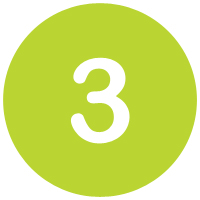
Being able to promote your skills and experiences effectively will catch the attention of employers. Your job search documents could include:
- Resume - a formal summary of your education, skills and experiences
- Curriculum Vitae (CV) - Type of resume commonly used for medical and academic positions
- Cover letter - introduces yourself to an employer, identifying the position(s) you are applying for and indicating how you learned of the opening
- Performance evaluations
- List of references
- Awards
- Transcripts
- Letters of reference or recommendation
- Career portfolio or work samples
- Calling cards
- Proof of driver's licence or driver abstract
- Copies of certificates, diplomas, degrees or other training certification
- Proposals - project proposals for contract work presents your project along with any fees to be charged for your services.
All your documents should be up-to-date and designed to target specific career options. Therefore, you may need several versions (ie. resume, cover letters, work samples). And remember to carefully analyze what you take to an interview or meetingm to ensure that your documents illustrate your skills and experiences the best possible manner.
Locate Opportunities
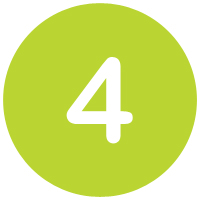
You've done your research and your job search documents are polished and ready to go. Now it's time to find employers that are hiring.
The visible job market includes jobs that are advertised publicly in some way. It can mean a lot of competition, especially for entry-level positions. These types of positions are often found in newspapers, employer websites, and online job posting systems.
The hidden job market includes opportunities that have not yet been identified or have been identified but have not yet been formally advertised. These positions are often filled by or created for candidates who come to an employer's attention through employee recommendations, referrals from trusted associates, recruiters or direct contact with the candidate. It is estimated that 80-90% of jobs are not advertised. To access the hidden job market, you have to contact people directly and become known to them; you must become more than just a piece of paper that crosses their desk.
Apply and Followup
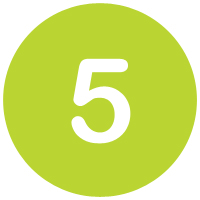
- Keep track of when and what you have sent and who you have sent it to.
- Write down follow up dates in your calendar.
- Take opportunities to re-connect with a previous contact. For example, check the status of your application or if you were unsuccessful in obtaining position you may call for to inquire about other positions available including upcoming projects that may create opportunities.
- Be brief and sincere when speaking to your contacts.
- Be sure to thank everyone who helped you. If you were successful in finding a job, contact those in your network who assisted or referred you.
Job Search and Career Planning Tips
Loading...

